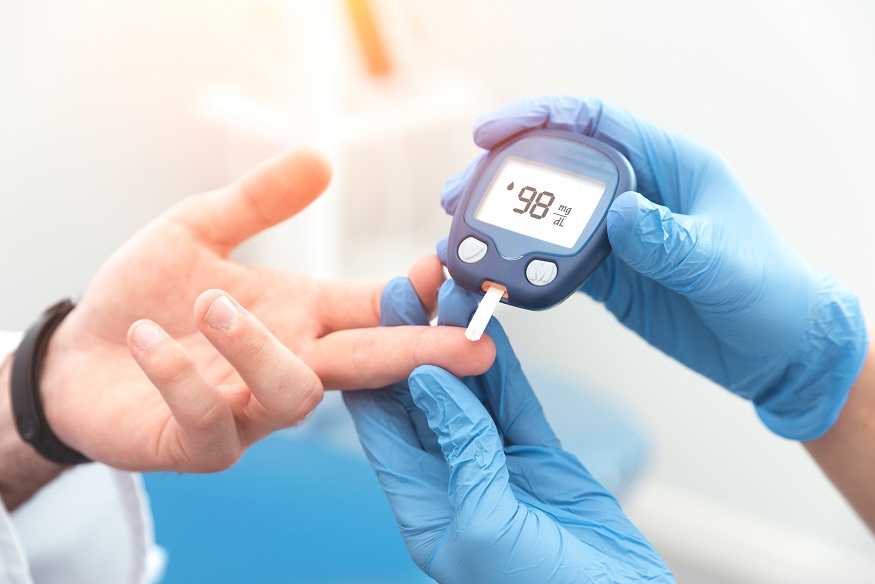People of various ages might show diabetes mellitus. It results from the pancreas not generating enough insulin. The cells cannot absorb the bloodstream glucose without insulin. This results in elevated blood sugar levels.Most of the food breaks down and turns to glucose (sugar) as you consume, thereby mixing it even more with your blood. Rising blood sugar levels send signals to the pancreas, which then produces insulin.
People with diabetes, however, cannot produce insulin on their own; so, their blood contains more and more glucose, which causes major health-related issues. Mainly four kinds of diabetes exist: type 1 (autoimmune and genetically caused), type 2 (lifestyle-related), gestational diabetes (acquired during pregnancy), and pre-diabetic (blood sugar level above the normal but below type 2 diabetes). Here we cover type 1 diabetes and its symptoms.
Also called insulin-dependent or juvenile diabetes, type 1 diabetes is currently, it is a chronic health issue with no known remedy. In this situation, the pancreas either produces extremely little for the needs of the body or none at all.
What Causes Type 1 Diabetes?
The precise origin of type 1 diabetes remains unknown. Being an autoimmune, metabolic condition, it implies the patient’s body will assault its pancreatic beta cells generating insulin. Studies say that type 1 diabetes might be brought on by the following:
Usually, our body’s natural immune system can combat dangerous viruses and bacteria. Harmful viruses, on the other hand, assault our body’s immune system and kill the insulin-producing islet of Langerhans cells in the pancreas.
One of the key factors contributing to type 1 diabetes is early nutrition. For example, you have less chance of type 1 diabetes if you were only breastfed at your baby age and consumed solid food later.
What is the impact of Type 1 Diabetes?
Those with type 1 diabetes cannot generate sufficient insulin, hence causing elevated blood sugar levels in their circulation. By reducing blood glucose levels, it helps to move bodily glucose into the body cells. Therefore, if you have type 1 diabetes, you may be experiencing certain health-related issues including:
Extra glucose in your blood causes you to urinate a lot, so dehydration results. You drink more water as your thirst increases; a lot of water leaves your body via your pee. This makes you dehydrated.
Dehydration and increased urine burn your calories, thereby causing weight loss. In type 1 diabetes, this is the primary driver of weight reduction.Blood sugar levels at an all-time high cause harm to your nerves, tiny blood vessels, and tissues. Long-term diabetes can also harm the essential organs in your body including the heart and kidney, and finally cause their failure. Diabetes also hardens the arteries in the heart, hence causing heart attacks.
Conclusion
Controlling blood sugar levels is usually quite difficult for those with diabetes as it is a lifestyle condition. Many individuals, however, have in recent years embraced a healthy lifestyle with the right knowledge of the disease and suitable instruments, to change their blood sugar levels.

